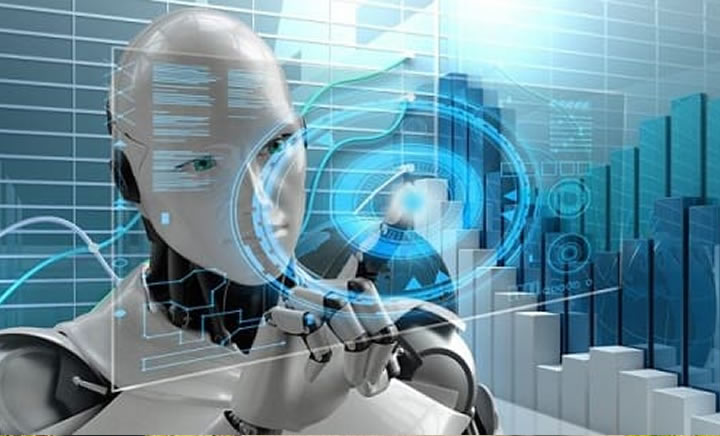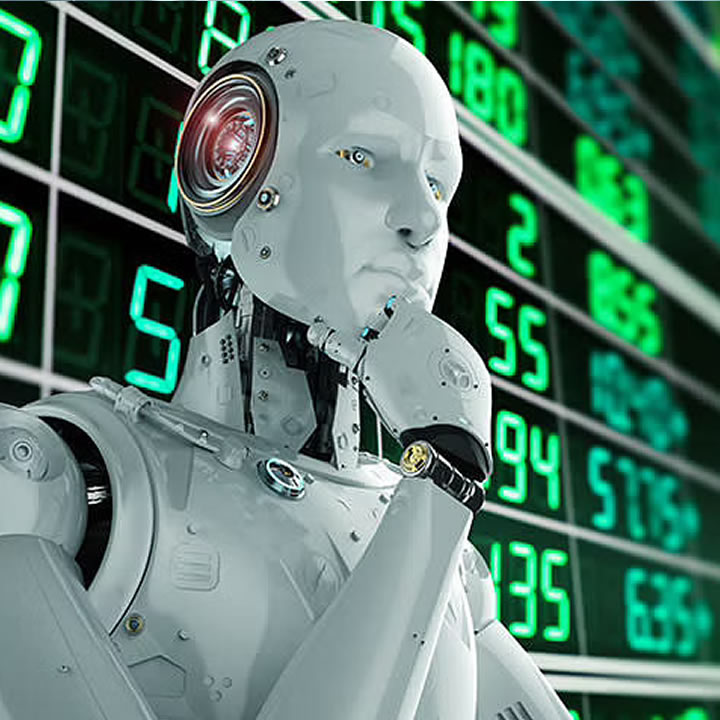Artificial intelligence is the process of making machines behave like humans. It aims to enable machines to perform a human-like task while also having human-like reasoning capabilities.
The term ‘artificial intelligence’ was used for the first time in 1956 by John McCarthy at Stanford University, California. Since then, AI has evolved into a huge field with many applications ranging from self-driving cars to voice assistants like Siri and Google Assistant, etc.
With more and more people wanting to work in this industry, a lot of research and development has taken place in this area. It is advised that you enroll in an Artificial Intelligence course if you want to learn more about the field and possibly make it your career.
The Artificial Intelligence Course in Houston provides individuals with the necessary skills to pursue a career as an AI Engineer. This particular course focuses on teaching Deep Learning, Machine Learning, and the programming languages essential for success in this field.

There are two main areas in how AI is applied to enhance practical aspects of daily life that you should be aware of before we move on to examples of real-world applications.
Software/Methodology
In-use examples of AI software include voice assistants, face unlocking for smartphones using image recognition, and ML-based financial fraud detection. AI-capable software is often available for download from an online store without the requirement for additional hardware.
Embodied
Drones, self-driving cars, factory robots, and the Internet of Things are all examples of hardware that uses AI (IoT). This involves developing specific hardware based on AI capabilities.
The Top Areas where Artificial Intelligence is Proving to be Advantageous
Social Media
Social media is a great way to share information and connect with others. However, it can be difficult to keep up with all the posts and messages. AI-powered social media assistants can help with this.
They will analyze your social media use and deliver content that you are most likely interested in. The goal of these AI assistants is to improve the user experience by delivering relevant content and reducing the time spent on social media.
Chatbots
Chatbots are a new way for businesses to interact with their customers. They provide instant responses and help users find the desired information without having to go through the process of searching for it.
Chatbots also offer a more personalized experience by understanding user preferences and providing them with information that is relevant to them.
Chatbots are not just limited to answering questions and providing information; they can also be used as a marketing tool by sending out promotional offers, coupons, or any other type of content that might be relevant to the user.
Smart Vehicles
AI has been used in cars for a number of years now. It was first introduced in-car navigation systems to help drivers find their way around unfamiliar places. This was followed by its use in driver assistance systems to help drivers avoid accidents and traffic jams.
More recently, AI has been used to develop autonomous vehicles, which have no need for human input at all.
Some benefits that AI offers are increased safety, increased convenience, increased efficiency, and decreased costs due to reductions in fuel consumption and maintenance costs.
Banking
The banking industry is undergoing a major upheaval due to the introduction of AI. From chatbots that offer financial advice to virtual assistants that allow customers to bank on their own time, AI is transforming how we interact with banks.
AI is being used in banking to help people make better decisions. It can also be used to do tasks like fraud detection, customer support, and credit card approval.
Facial Recognition
Face detection is one of the most common use cases for AI in mobile apps. It is used in social media apps to tag friends, in video conferencing apps to detect faces, and in a photo, apps to find similar faces.
Face detection requires training a machine learning model on large sets of images (training data) so that it can learn how to recognize human faces from their appearance or pose.
The trained model then needs to be applied across many different circumstances, like detecting whether a person is smiling or not; determining whether two people are siblings; etc., which makes it difficult for humans to carry out these tasks on their own.
Email is one of the most popular ways to communicate with other people. It has become a vital part of our daily lives, and AI can help you deal with it efficiently.
Spam detection: Spam detection is an important feature that allows you to avoid receiving unwanted emails. You can set up filters or rules in order to block certain types of messages from being sent through your email address, such as bulk mailings or those containing viruses.
Categorization: This feature lets users categorize their emails according to different categories so they can easily manage them later on without needing any additional software programs installed on their computers or smartphones (which may not always be available).
For example: If there exists an email from a friend who just got married but also received another one from someone claiming that he/she wants money because she borrowed some cash from him/her previously without paying back in full yet again?
Then this would fall under the “spam” category since neither person has any reason why they should receive multiple messages about these topics within 24 hours after each other’s wedding date announcement!!
Voice Assistants
Voice assistants are the most recent innovation in AI, and they are getting more and more popular. They can be used in a variety of ways, from ordering food to controlling your home or even generating content for your blog.
Smart Search
Smart search is a feature of Google’s web browser. It allows you to search for information on the internet without having to type it in yourself. With smart search, you can simply ask your computer to find what you want or need, and it will do it for you.
Conclusion
AI is not just about robots and drones anymore.
It has moved into our everyday lives and is making a huge impact on everything from shopping to banking. The future of AI will be full of surprises, and it’s only a matter of time before we see the next wave of innovation from this rapidly growing industry.

